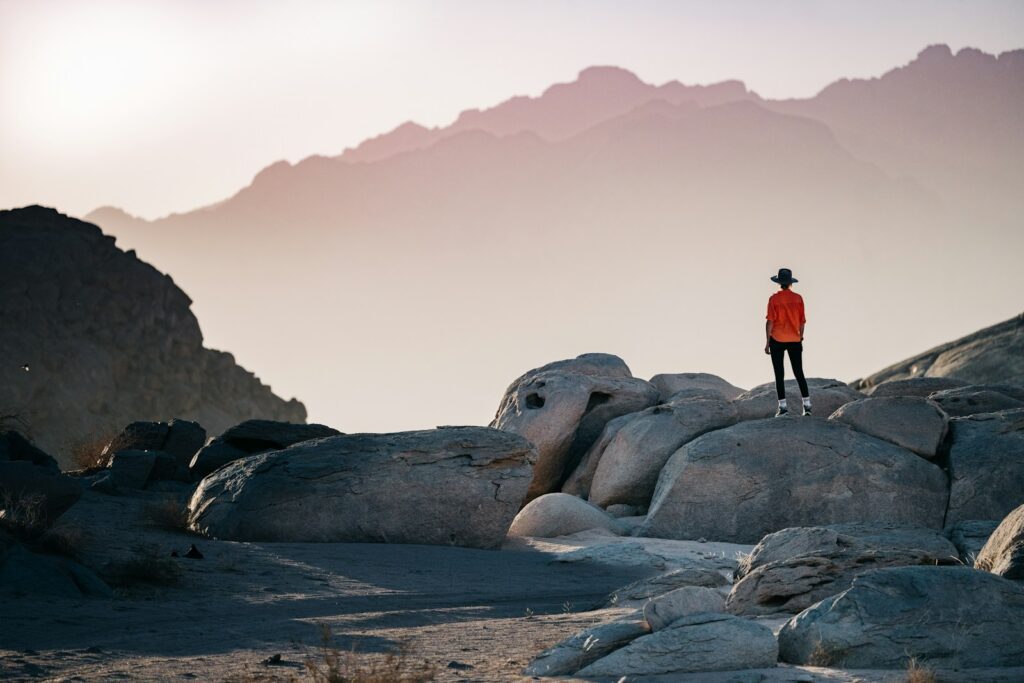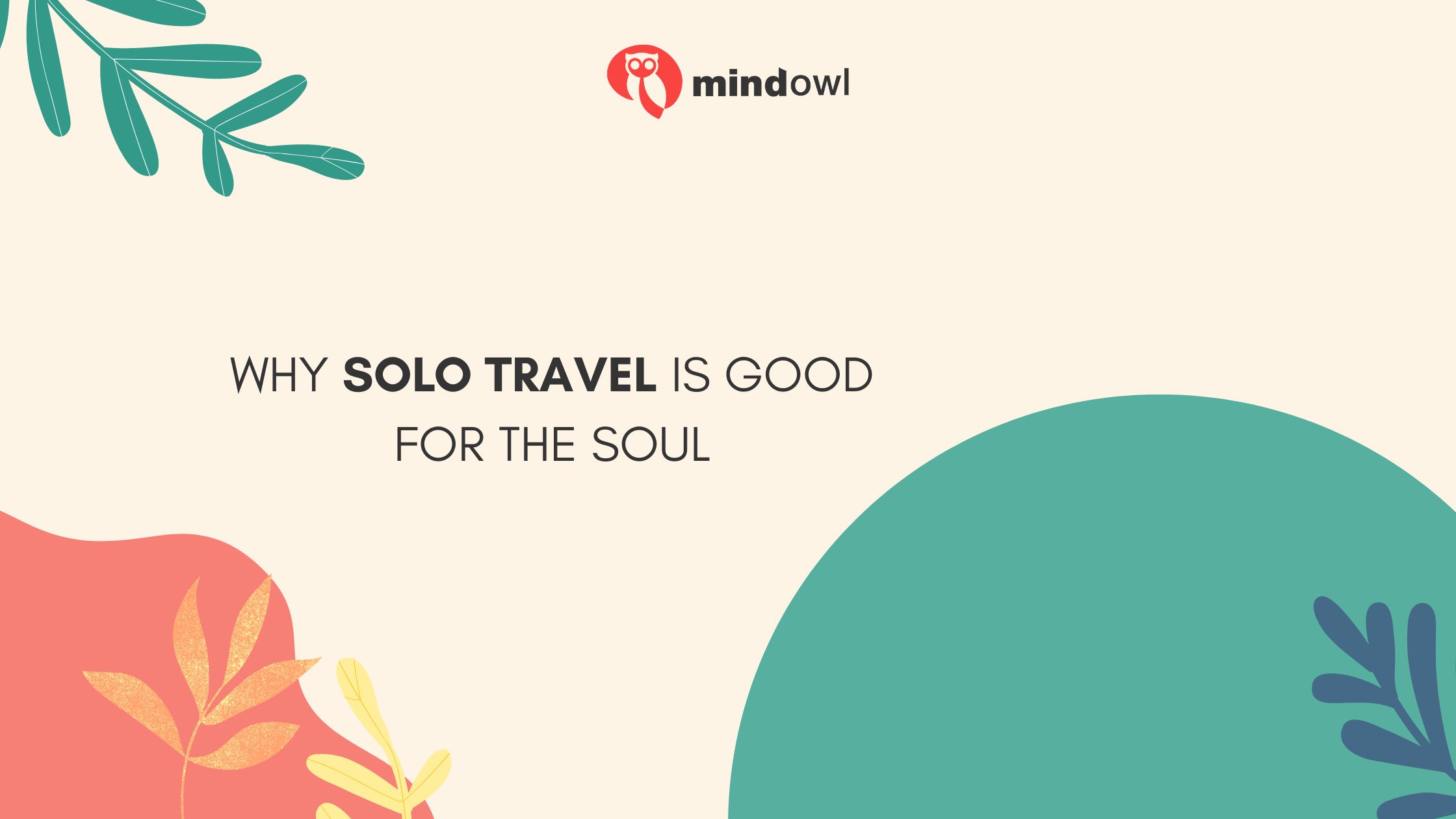The idea of exploring a new place alone can seem daunting; especially if you’ve always travelled alongside friends or with a partner. However, solo travelling is one of the best things you can do to improve the way you look at the world, skyrocket your inner self-compassion – and enrich your soul. Keep reading for all the reasons we think solo travel is a must for any keen explorer, as well as some essential tips for staying safe in a foreign country when you’re travelling alone.
Why should everyone try travelling by themselves? What are the benefits of it?

There are countless reasons we think solo travelling is the bee’s knees. Here are just four of them:
You learn to live for you
No one to rely on also means you don’t have to bend your plans to suit anyone either. Now, everything from booking your flight, navigating your way around an island, and even eating in a restaurant alone, falls to you. You are the master of your own destiny.
You grow without realising
When we become adults, we often stop exploring the world around us. But when you’re travelling alone you can’t help but fall back into that child-like sense of wonder. Without thinking twice you’ll suddenly be trying a brand-new food – or signing yourself up for kayaking across a lake.
You make new friends
Rare is the occasion to meet so many new people than when you’re solo travelling. And better still, everyone wants to make new friends as well so is just as open to starting a connection. There is so much to learn if only you are willing to listen.
You find happiness
With just yourself to keep company, you’ll soon be proud of everything you have achieved on your solo travel adventures. Within just a few weeks it’s likely you’ll remember everything you love about the life you have at home – and find peace in your own heart.
Freedom in choosing the accommodation When traveling alone, you have the freedom to choose your accommodation according to your preferences and budget. You can opt for a luxurious hotel room or go for a more adventurous option such as camping in the wilderness or staying in a hostel with other solo travellers. One popular option for travelers is purchasing a timeshare property. It allows you to own a portion of a vacation property and have the right to stay there for a certain amount of time each year. Disney Vacation Club, Marriott Vacation Club, and Hilton Grand Vacations are some well-known timeshare companies that offer a variety of destinations for solo travelers to choose from. For those interested in DVC, it’s important to compare DVC buying vs resale options, as both avenues offer unique benefits and potential drawbacks. It allows you to choose the path that aligns best with your individual needs and financial situations.
How to say safe when you’re travelling alone
Solo travelling means paying special attention to your safety. Here are just a few ways you can remain safe when you’re exploring a new place by yourself:
- Schedule your arrival ahead – and during daylight. A safe area will always look better in daylight, so it’s important to make sure you arrive before it gets dark. Planning your arrival ahead can ensure you arrive with lots of time to spare before the sun goes down; whether you’re travelling from London Kings Cross station, or somewhere further up north, booking your trains and transport ahead of time can also make sure you arrive at the safest time.
- Make sure someone always knows where you will be. Send your travel itinerary to your family and friends and keep in regular contact with someone back home so they can rest assured you are staying as safe as you can.
- Check your government’s travel site. Don’t get caught out in a potentially risky situation when you’re travelling by checking the UK government’s travel website beforehand – it’s your one-stop shop for information on the travel documents you require for travel as well as any warnings for your destination.
With so much to gain and almost nothing to lose, you won’t ever regret embarking on a solo travel adventure.
MindOwl Founder – My own struggles in life have led me to this path of understanding the human condition. I graduated with a bachelor’s degree in philosophy before completing a master’s degree in psychology at Regent’s University London. I then completed a postgraduate diploma in philosophical counselling before being trained in ACT (Acceptance and commitment therapy).
I’ve spent the last eight years studying the encounter of meditative practices with modern psychology.

